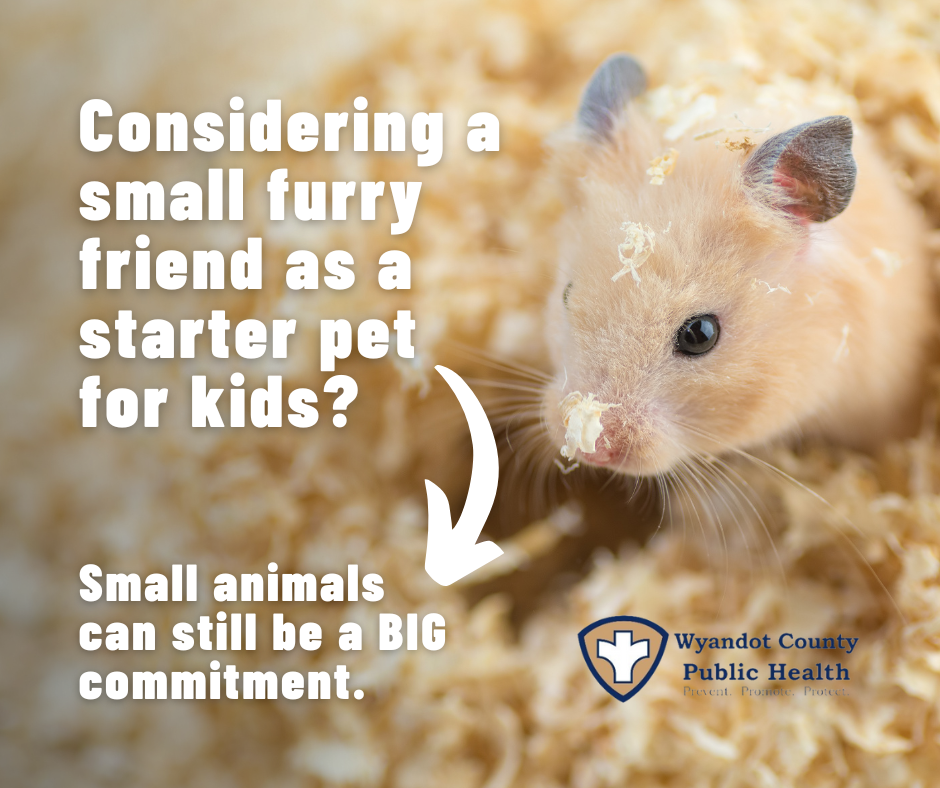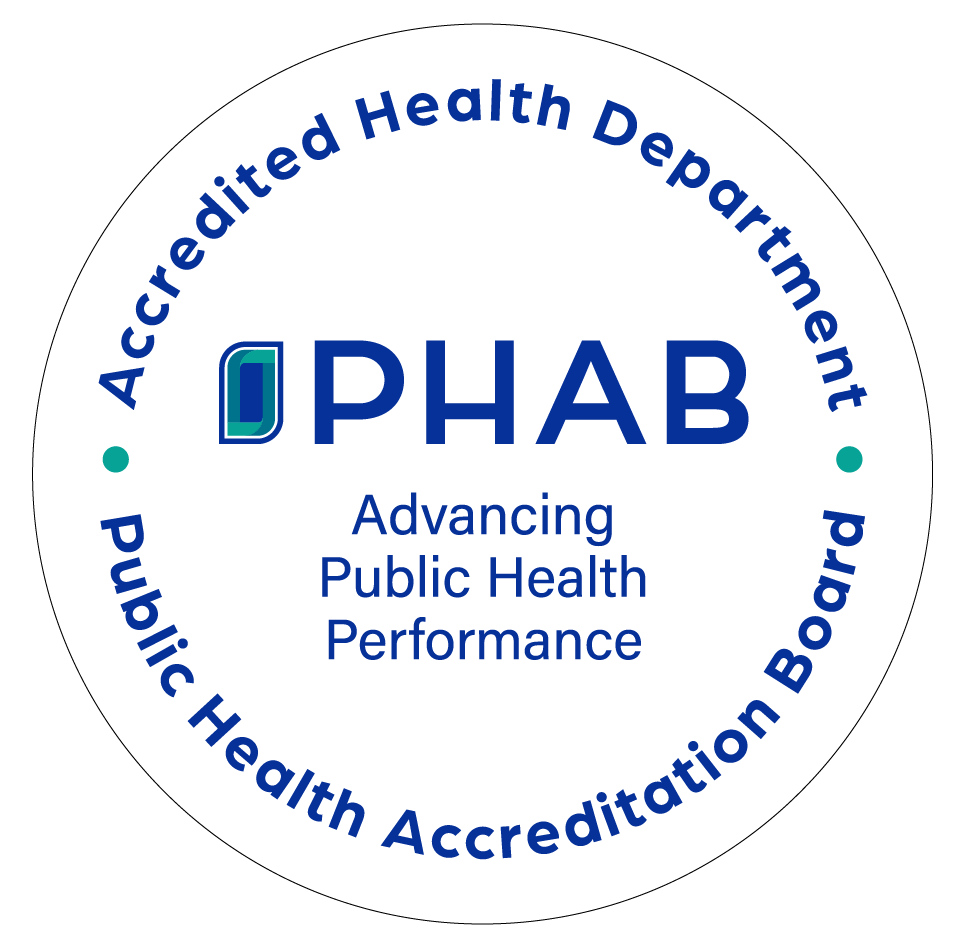Have you thought about getting a small pet like a hamster, gerbil, or guinea pig? You may think small pets will make a good “starter” pet for your child, or that they’re less of a commitment than other pets like cats and dogs. Despite their small size, owning one of these pets is a big responsibility! Just like larger pets, small pets need exercise, attention, and veterinary care to stay healthy and happy.
It’s also important to remember that rodents and other small mammals are more likely than other pets to spread germs like Salmonella. These germs are especially risky for young children and can make them very sick. If you have a child under 5, consider another pet.

Before Choosing a Small Pet
- Consider if this pet is right for your family. Children under 5 years old, adults 65 and older, and people with weakened immune systems are more likely to have severe illness from germs rodents and other small mammals can carry.
- Research and learn how to care for your pet. Small pets need special habitats, toys, and supplies. Some small pets are social animals that shouldn’t be kept alone.
- Choose a pet that matches your lifestyle. Think about the pet’s attitude, size, and activity level and how much time you can spend with your pet. For example, some small pets are shy, while others enjoy being handled.
Keep Your Small Pet Healthy
- Keep your pet in a habitat that can be closed and locked.
- Watch your pet for any changes in activity level, appetite, or overall health.
- Take your pet for regular checkups with an exotic animal veterinarian. Small pets often require specialized care that all veterinarians may not provide.
Keep Yourself Healthy
- Wash your hands after handling your pet or its supplies.
- Keep your pet and its supplies away from anywhere food is stored, prepared, or eaten.
- Don’t let small pets roam freely around the house. They could get injured, and they can also contaminate surfaces with germs.
- Don’t kiss, snuggle, or hold your pet close to your face.
- Learn how to handle your pet properly. Small pets may bite or scratch when scared or startled.

